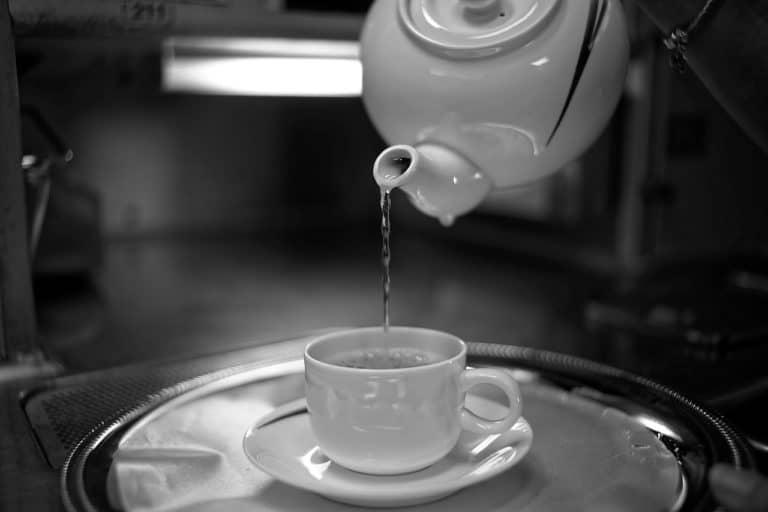Choosing to undergo radical prostatectomy is a major decision for men who have prostate cancer, but one some men regret later. Are men satisfied with prostatectomy results and if not, what could change that situation? According to a panel of medical experts at the American Urological Association’s Annual Meeting in May-June 2010, men who participate in pre-surgery evaluation and counseling may benefit by experiencing a better postoperative outcome.
The panel consisted of three urologists: Thomas J. Polascik, MD, who specializes in prostate surgery; Tracey L. Krupski, MD, a prostate health specialist; and Hossein Sadeghi-Nejad, an expert in sexual medicine, and was moderated by urologist John P. Mulhall, MD., who specializes in sexual and reproductive medicine and surgery.
According to the panel, only 38 percent of men who had undergone radical prostatectomy, if given the choice again, would agree unconditionally to have the surgery again.
This low satisfaction rate highlights a need for men to undergo evaluation and counseling before their radical prostatectomy procedure. Dr. Polascik noted that results of a study from his institution (Duke University) regarding satisfaction and regret after radical prostatectomy found that higher educational levels were associated with greater patient satisfaction. Polascik emphasized the need for urologists to evaluate their patients’ expectations from surgery and to ensure they are in line with realistic goals, and that counseling outcomes should be based on the surgeon’s own experiences.
Dr. Sadeghi-Nejad discussed the importance of sexual function outcomes to patients and the need to be realistic. He noted that a pre-surgery evaluation is critical to help men align their expectations with post-operative results that are relevant to their unique state of health and not to a generalized overall recovery rate for sexual function, which may be inappropriate in their case.
Dr. Krupski explained that men can benefit from pre-surgery evaluation regarding urinary function, body mass index, activity level, and other factors that are modifiable and may improve outcomes of prostatectomy. Both preoperative weight loss and training using pelvic floor exercises (Kegel exercises), for example, can improve continence outcome postsurgery. Men should also consider their surgeon’s experience and the number of radical prostatectomy surgeries he or she has performed before making their final decision.
In a study not associated with the panel, researchers at The University of Texas MD Anderson Cancer Center reported that practicing stress management techniques before prostate cancer surgery can boost immune response and improve surgical outcome. The investigators evaluated the effect of presurgical stress management practices versus minimal intervention and no intervention in a group of 159 men with early-stage prostate cancer.
Men who used deep breathing, guided imagery, and other interventions had higher levels of immune system markers than men who had little to no intervention. According to Lorenzo Cohen, PhD, the study’s senior author and professor in MD Anderson’s Departments of General Oncology and Behavioral Science, “Even brief pre-surgery sessions of stress management positively impact on the recovery process, both in terms of psychological and immunological outcomes.”
Read more in our Prostate Cancer Health Center.
References
Cohen L et al. Presurgical stress management improves postoperative immune function in men with prostate cancer undergoing radical prostatectomy. Psychosomatic Medicine 2011; doi:10.1097/PSY.0b013e31820a1c26
Panel discussion moderated by John P. Mulhall, MD at the American Urological Association Annual Meeting, May 29 to June 3, 2010 in San Francisco







